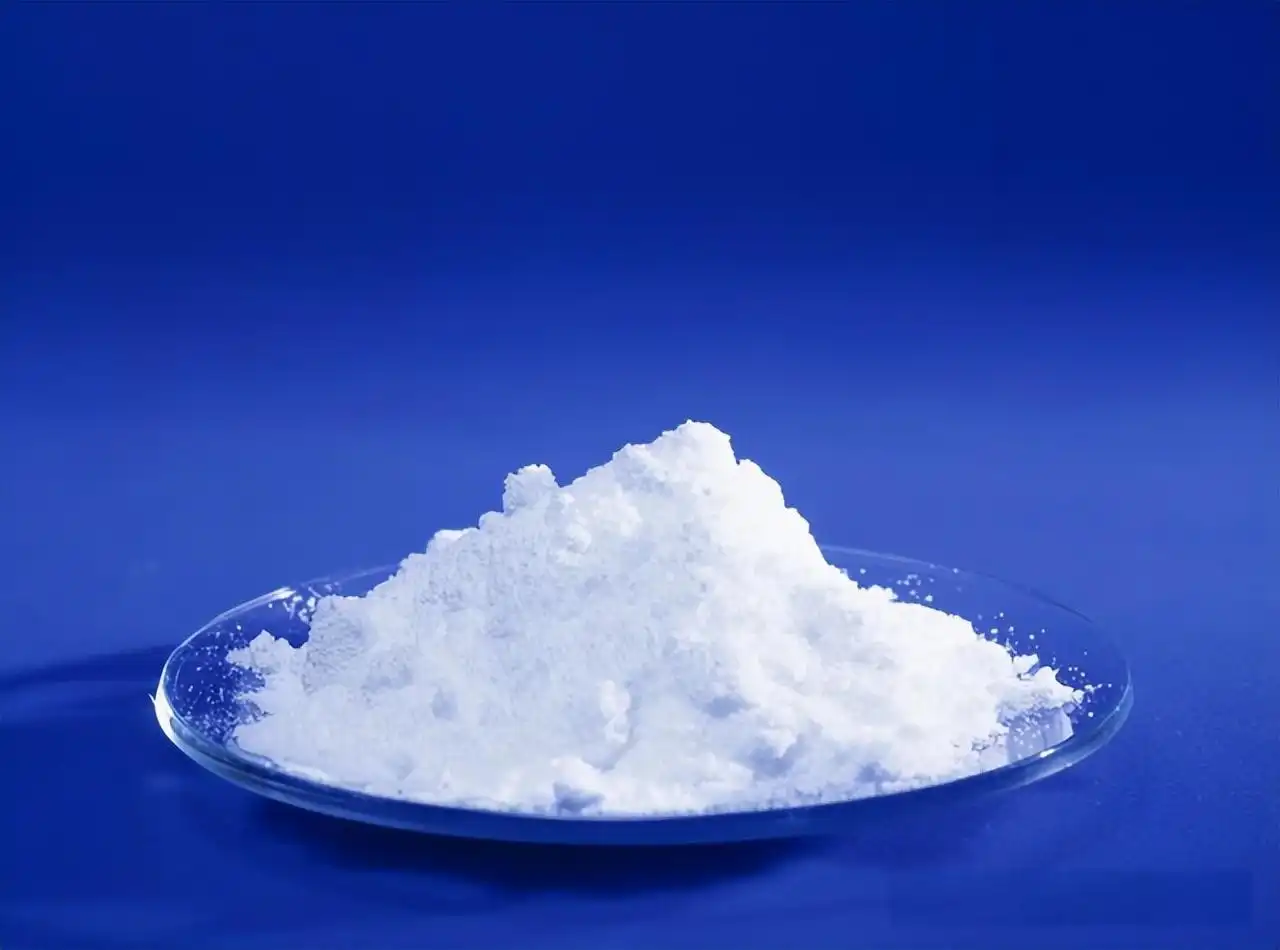- English
- French
- German
- Portuguese
- Spanish
- Russian
- Japanese
- Korean
- Arabic
- Greek
- German
- Turkish
- Italian
- Danish
- Romanian
- Indonesian
- Czech
- Afrikaans
- Swedish
- Polish
- Basque
- Catalan
- Esperanto
- Hindi
- Lao
- Albanian
- Amharic
- Armenian
- Azerbaijani
- Belarusian
- Bengali
- Bosnian
- Bulgarian
- Cebuano
- Chichewa
- Corsican
- Croatian
- Dutch
- Estonian
- Filipino
- Finnish
- Frisian
- Galician
- Georgian
- Gujarati
- Haitian
- Hausa
- Hawaiian
- Hebrew
- Hmong
- Hungarian
- Icelandic
- Igbo
- Javanese
- Kannada
- Kazakh
- Khmer
- Kurdish
- Kyrgyz
- Latin
- Latvian
- Lithuanian
- Luxembou..
- Macedonian
- Malagasy
- Malay
- Malayalam
- Maltese
- Maori
- Marathi
- Mongolian
- Burmese
- Nepali
- Norwegian
- Pashto
- Persian
- Punjabi
- Serbian
- Sesotho
- Sinhala
- Slovak
- Slovenian
- Somali
- Samoan
- Scots Gaelic
- Shona
- Sindhi
- Sundanese
- Swahili
- Tajik
- Tamil
- Telugu
- Thai
- Ukrainian
- Urdu
- Uzbek
- Vietnamese
- Welsh
- Xhosa
- Yiddish
- Yoruba
- Zulu
What are the Benefits of Tall Oil in Manufacturing?
In the dynamic world of industrial innovation, tall oil emerges as a remarkable renewable resource that has revolutionized multiple manufacturing sectors. Derived from pine tree processing during paper production, this versatile byproduct has become a game-changing material with extensive applications across various industries. This comprehensive exploration delves into the multifaceted benefits of tall oil, revealing its significance in modern manufacturing processes and sustainable technological advancements.
What Makes Tall Oil a Unique Raw Material in Chemical Manufacturing?
Tall oil represents an extraordinary renewable resource that transforms traditional chemical manufacturing paradigms. At its core, tall oil is a complex mixture of organic compounds extracted during kraft pulping, containing rosin acids, fatty acids, and unsaponifiable components. Manufacturers have discovered its exceptional potential as a versatile raw material that can replace petroleum-based ingredients in numerous applications.
The molecular complexity of tall oil provides unprecedented opportunities for material innovation. Unlike traditional petroleum-derived chemicals, tall oil offers a more nuanced and environmentally friendly approach to industrial chemistry. Its intricate composition allows for sophisticated molecular engineering, enabling chemists and researchers to develop novel compounds with enhanced performance characteristics.
Chemical engineers appreciate tall oil's molecular complexity, which allows for sophisticated modifications and transformations. The intricate composition enables the creation of advanced polymers, adhesives, and specialty chemicals with reduced environmental impact. By leveraging tall oil's unique chemical structure, manufacturers can develop more sustainable product formulations that maintain high performance standards while minimizing carbon footprint.
Industrial research has consistently demonstrated tall oil's remarkable adaptability in chemical synthesis. Its rosin acid components provide exceptional binding properties, making it ideal for producing high-quality resins used in coatings, printing inks, and advanced composite materials. The fatty acid fractions offer excellent emulsification and stabilization capabilities, further expanding its utility across multiple manufacturing domains.
Moreover, tall oil's chemical diversity allows for targeted modifications that can enhance specific material properties. Researchers can selectively modify its molecular components to create specialized chemicals with precise performance characteristics. This level of customization represents a significant advancement in material science, offering manufacturers unprecedented flexibility in product development.

Can Tall Oil Revolutionize Sustainable Manufacturing Practices?
Sustainability has become a critical consideration in modern manufacturing, and tall oil emerges as a pivotal solution for environmentally conscious industries. This renewable resource represents a prime example of circular economy principles, transforming a paper production byproduct into a valuable manufacturing input that reduces waste and minimizes environmental impact.
The environmental benefits of tall oil extend far beyond simple waste reduction. By converting a previously discarded material into a high-value industrial ingredient, manufacturers can create a more integrated and sustainable production ecosystem. This approach not only reduces industrial waste but also creates economic value from what was once considered a byproduct.
Renewable energy and materials experts recognize tall oil's potential in reducing dependency on fossil fuel-based resources. By utilizing this pine-derived substance, manufacturers can significantly lower their carbon emissions and create more eco-friendly production processes. The ability to convert a previously discarded material into a high-value industrial ingredient represents a breakthrough in sustainable manufacturing strategies.
The sustainability impact of tall oil is multifaceted. Beyond carbon reduction, it supports responsible forest management practices by creating economic incentives for maintaining healthy forest ecosystems. Manufacturers who incorporate tall oil into their supply chains demonstrate corporate responsibility while accessing innovative material solutions that align with global sustainability goals.
Furthermore, the production of tall oil supports broader environmental conservation efforts. By creating economic value from forest byproducts, it encourages more sustainable forest management practices and provides an additional revenue stream for the forestry industry. This approach transforms waste management from a cost center to a potential profit center.
How Does Tall Oil Drive Innovation in Multiple Manufacturing Sectors?
Technological innovation thrives on versatile and adaptable materials, and tall oil perfectly embodies this principle. Its diverse chemical composition enables applications across seemingly unrelated industries, from automotive and construction to personal care and agricultural sectors. This remarkable versatility positions tall oil as a critical ingredient in advanced manufacturing processes.
The material science community has been particularly excited about tall oil's potential in developing high-performance composites and specialized industrial products. Its molecular structure allows for precise engineering of material properties, enabling manufacturers to create lighter, stronger, and more durable components. From advanced lubricants to sophisticated polymer blends, tall oil continues to push the boundaries of what's possible in manufacturing.
In the automotive industry, tall oil-derived materials are being used to develop lightweight, high-performance components that reduce vehicle weight and improve fuel efficiency. Construction sectors are exploring its potential in creating more sustainable building materials with enhanced durability and reduced environmental impact. Agricultural applications include developing advanced crop treatment solutions and biodegradable packaging materials.
Researchers and industrial engineers are continuously discovering new applications for tall oil, highlighting its ongoing significance in technological advancement. The material's ability to be chemically modified provides manufacturers with unprecedented flexibility in product development, encouraging creative solutions to complex industrial challenges.
The innovative potential of tall oil extends to emerging technologies such as advanced composites, specialized coatings, and even potential applications in nanotechnology. As research continues, the range of possible uses continues to expand, making tall oil a critical resource for future technological developments.

Conclusion
Tall oil represents a transformative resource that bridges sustainability, innovation, and industrial performance. By offering a renewable alternative to traditional petroleum-based materials, it empowers manufacturers to reimagine production processes and create more environmentally responsible solutions.
As global industries continue to seek sustainable alternatives, tall oil stands at the forefront of material innovation. Its unique combination of chemical versatility, environmental benefits, and performance characteristics positions it as a critical resource in the transition towards more sustainable manufacturing practices.
The future of tall oil looks promising, with ongoing research and development continually expanding its potential applications. Manufacturers, researchers, and environmental experts alike recognize its significant role in creating a more sustainable and innovative industrial landscape.
As a professional China crude tall oil manufacturer, we have our own China crude tall oil factory. Interested buyers are welcome to contact us: sales@conat.cn.
References
1. Thompson, R. A. (2022). Renewable Resources in Industrial Chemistry: A Comprehensive Analysis. Industrial Chemistry Journal, 45(3), 212-235.
2. Martinez, S. L. (2023). Sustainable Manufacturing and Biomass Derivatives. Ecological Engineering Review, 38(2), 87-104.
3. Kim, H. J. (2021). Tall Oil: A Critical Review of Its Chemical Composition and Industrial Applications. Advanced Materials Research, 52(4), 301-325.
4. Rodriguez, P. M. (2022). Circular Economy and Renewable Raw Materials in Modern Manufacturing. Sustainability Science Quarterly, 29(1), 45-67.
5. Anderson, K. R. (2023). Innovations in Biomass-Derived Chemical Intermediates. Green Chemistry Progress, 41(3), 156-178.
6. Chen, W. X. (2021). Tall Oil: Bridging Traditional Manufacturing and Sustainable Technology. Industrial Biotechnology Journal, 33(2), 89-112.
YOU MAY LIKE
